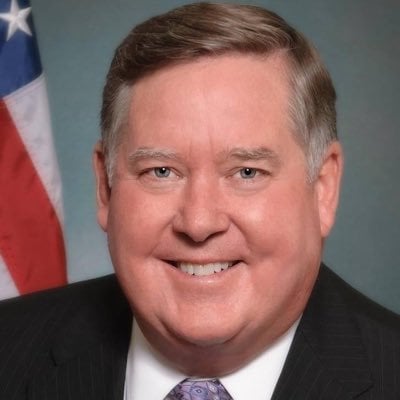
Donald Trump may want to eliminate the National Endowment for the Arts (NEA) and the National Endowment for the Humanities (NEH), but he’ll have to go through Congress to do it. And it appears the House of Representatives, for one, is ready for a fight.
Republican California Congressman Ken Calvert, the chairman of the House Appropriations Subcommittee on Interior, Environment, and Related Agencies, has submitted his proposal for next year’s federal budget—and it includes funding for the NEA and NEH at a level of $145 million per agency. Calvert’s proposal, published last week, still represents a $10 million combined decrease from current levels ($150 million per agency), but it would keep the institutions alive.
The NEA and NEH have been caught up in a back-and-forth between Congress and President Donald Trump since he took office in January. This bill pits the house committee against Trump, which pledged in March to eliminate the agencies’ funding, along with many other cuts to domestic spending.
In April, Trump’s proposal encountered resistance from the President’s own party as 11 House Republicans urged Calvert and the subcommittee’s ranking member, the Minnesota Democrat Betty McCollum, to continue funding the NEA. In May, Congress passed a $1 trillion budget to fund the government through September 30, which included a modest increase in NEA and NEH funding.
The battle didn’t end there. Trump again proposed to eliminate the agencies in his 2018 budget proposal, which was released in May. But last Wednesday, Calvert and McCollum’s subcommittee, which has jurisdiction over the NEA budget, sent the full House Appropriations Committee a bill that includes funding for the agencies ($145 million each).
That bill will head next to the full House Appropriations committee, which could consider the bill as soon as this week.
The NEA soldiers on as normal until Congress enacts a new budget, a representative told artnet News by email. Calvert’s office did not immediately reply to a request for comment.